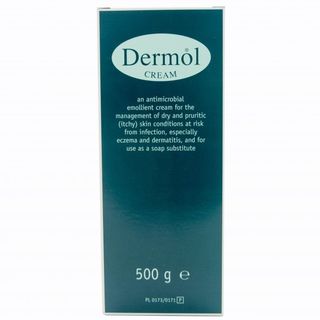
Dry Skin
Many people struggle with dry skin - it’s a very common issue. But we also know it's really irritating. Medically known as xerosis cutis, your skin can become itchy, crack and scale over. If you have the problem for a while and it’s not treated, it can become very uncomfortable, affecting your daily life. But don’t worry, help is at hand and there’s no need to suffer in discomfort any longer. There’s a range of creams and ointments we have which give you relief, fast. Let’s get started.
Dry Skin Treatments
 Dermol Cream£134.4036 reviews
Dermol Cream£134.4036 reviews- Out Of Stock
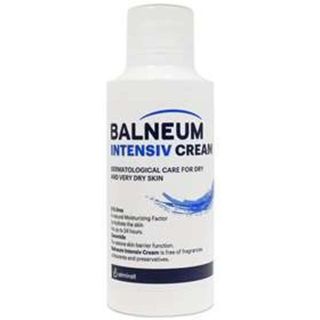
Balneum Intensiv Cream
Balneum Intensiv Cream£14.005 reviews - Out Of Stock
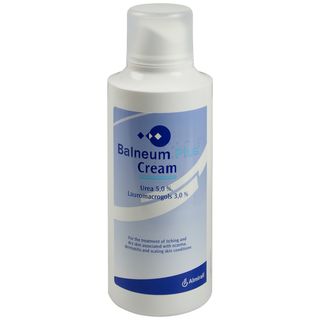
Balneum Plus Cream
Balneum Plus Cream7 reviews - Out Of Stock
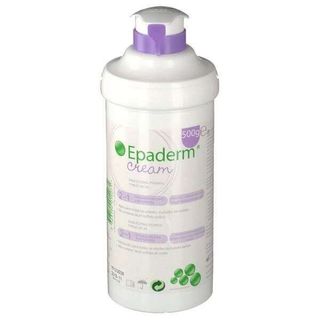
Epaderm
Epaderm Cream and Ointment - Out Of Stock
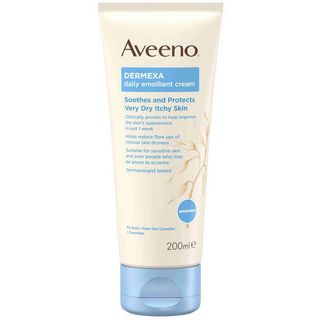
Aveeno Dermexa Cream
Aveeno Dermexa Cream - Out Of Stock
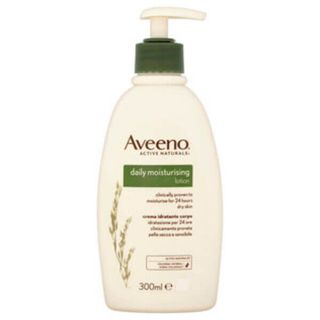
Aveeno Daily Moisturising Lotion
Aveeno Daily Moisturising Lotion - Out Of Stock
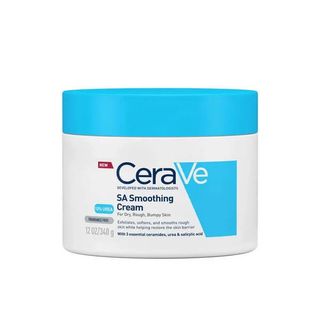
CeraVe SA Smoothing Cream
CeraVe SA Smoothing Cream - Out Of Stock
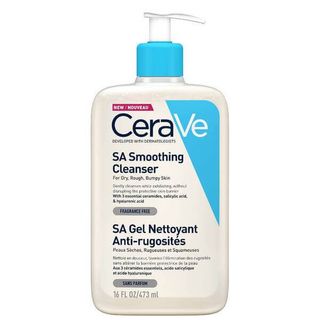
CeraVe SA Smoothing Cleanser
CeraVe SA Smoothing Cleanser - Out Of Stock
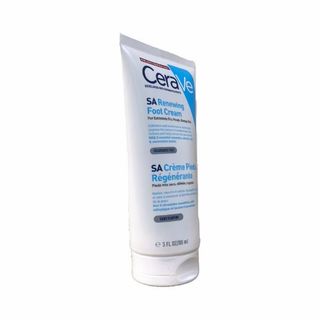
CeraVe SA Renewing Foot Cream
CeraVe SA Renewing Foot Cream - Out Of Stock
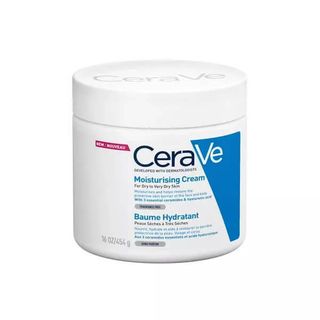
CeraVe Moisturising Cream
CeraVe Moisturising Cream - Out Of Stock
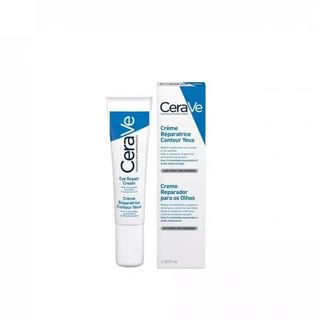
CeraVe Eye Repair Cream
CeraVe Eye Repair Cream - Out Of Stock
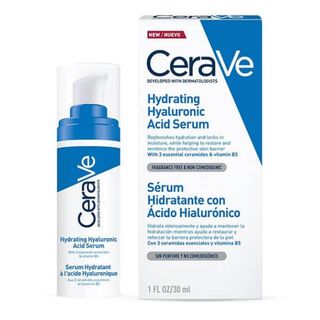
CeraVe Hydrating Hyaluronic Acid Serum
CeraVe Hydrating Hyaluronic Acid Serum - Out Of Stock
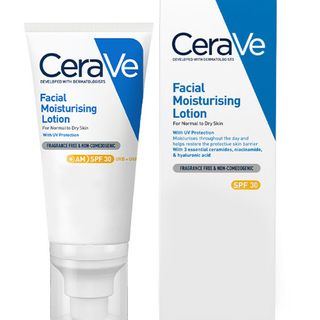
CeraVe AM Lotion
CeraVe AM Facial Moisturising Lotion - Out Of Stock
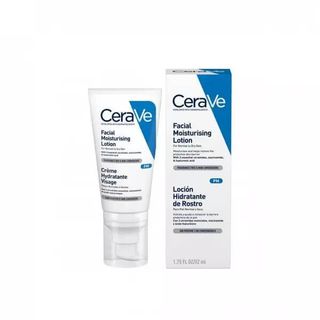
CeraVe PM Facial Moisturising Lotion
CeraVe PM Facial Moisturising Lotion - Out Of Stock
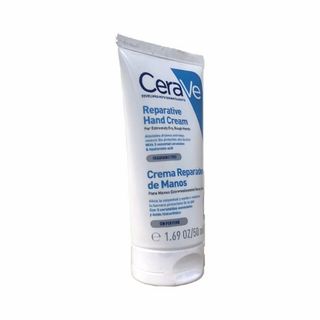
CeraVe Reparative Hand Cream
CeraVe Reparative Hand Cream - Out Of Stock
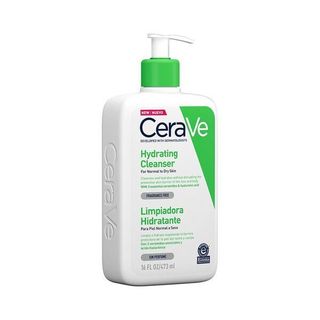
CeraVe Hydrating Cleanser
CeraVe Hydrating Cleanser - Out Of Stock
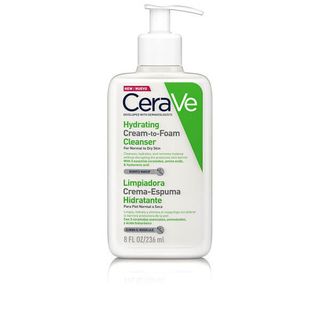
CeraVe Hydrating Cream-to-Foam Cleanser
CeraVe Hydrating Cream-to-Foam Cleanser - Out Of Stock
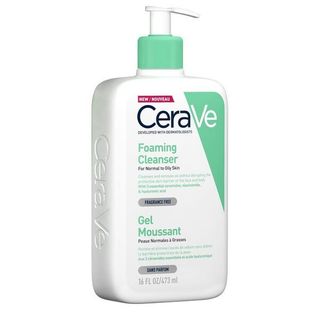
CeraVe Foaming Cleanser
CeraVe Foaming Cleanser - Out Of Stock
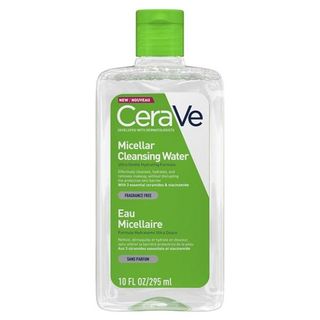
CeraVe Micellar Cleansing Water
CeraVe Micellar Cleansing Water - Out Of Stock
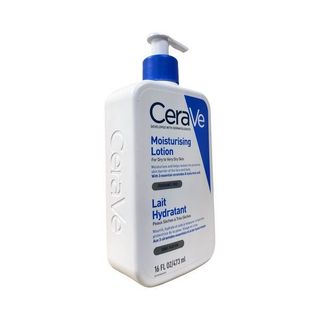
CeraVe Moisturising Lotion
CeraVe Moisturising Lotion - Out Of Stock
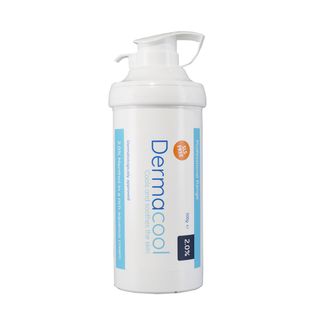
Dermacool 2% Menthol Aqueous Cream
Dermacool 2% Menthol Aqueous Cream£5.602 reviews - Out Of Stock
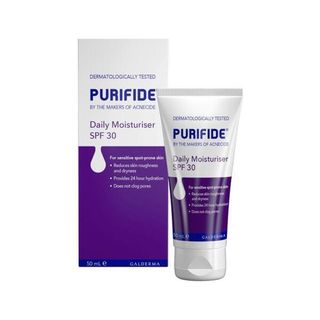
Purifide Moisturiser SPF30
Purifide Moisturiser SPF30 - Out Of Stock
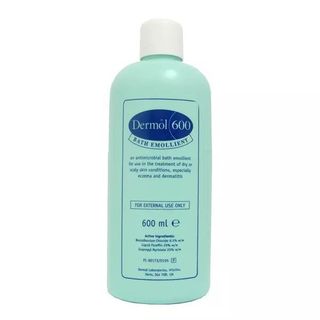
Dermol 600 Bath Emollient
Dermol 600 Bath Emollient - Out Of Stock
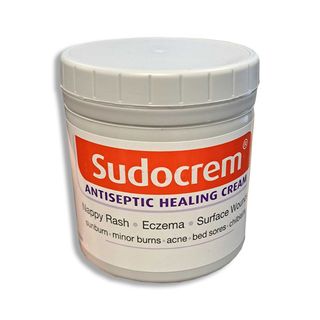
Sudocrem
Sudocrem - Out Of Stock
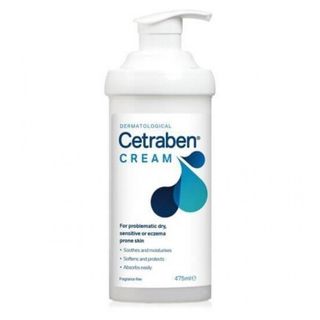
Cetraben Cream & Ointment
Cetraben Cream & Ointment10 reviews - Out Of Stock
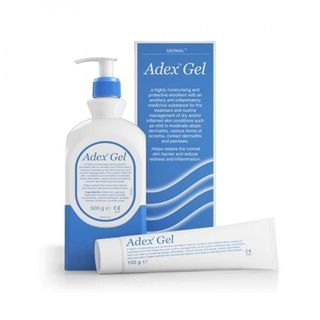
Adex Gel
Adex Gel9 reviews - Out Of Stock
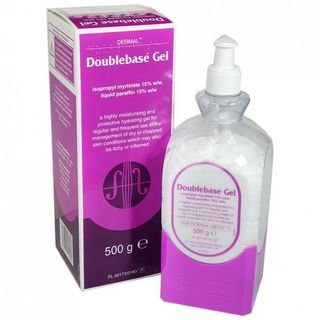
Doublebase Gel
Doublebase Gel18 reviews - Out Of Stock
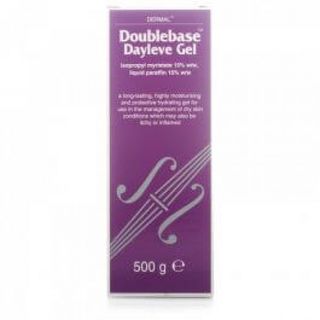
Doublebase Dayleve Gel
Doublebase Dayleve Gel7 reviews - Out Of Stock
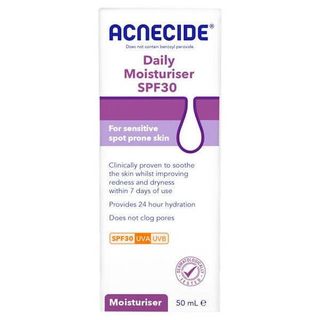
Acnecide Moisturiser
Acnecide Moisturiser SPF301 review - Out Of Stock
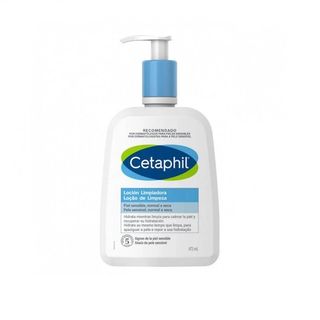
Cetaphil Gentle Skin Cleanser
Cetaphil Gentle Skin Cleanser - Out Of Stock
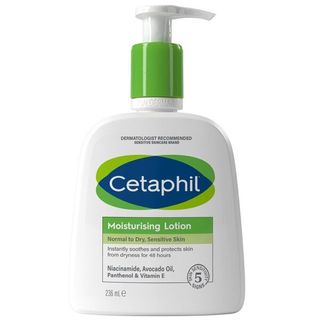
Cetaphil Moisturising Lotion
Cetaphil Moisturising Lotion - Out Of Stock
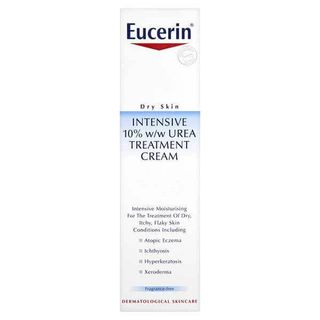
Eucerin 10% Cream
Eucerin 10% Urea Cream - Out Of Stock
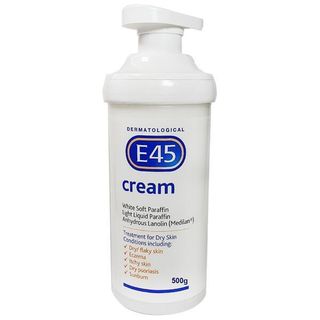
E45 Cream
E45 Cream - Out Of Stock
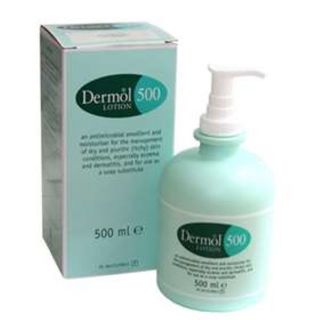
Dermol 500 Lotion
Dermol 500 Lotion - Out Of Stock
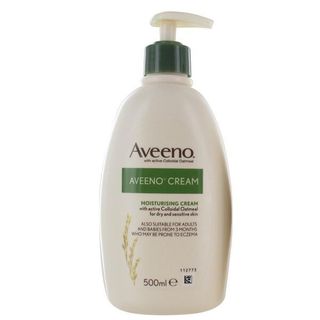
Aveeno Cream
Aveeno Cream
View recommended products for Dry Skin
Don't wait to get the medical help you need.
View our recommended treatments and select your preferred treatment and quantity from a list of options for you.
Selected by our UK-based medical team
Quick and easy checkout
Treatments dispatched same day (before 3pm)
Ordering as easy as 1, 2, 3
1. Find the ideal treatment
We can provide over 1099 leading medicines to treat over 94 conditions.
2. Get a free consultation
Our qualified healthcare professionals will assess your condition and needs.
3. Enjoy speedy delivery
And when the time comes to re-order, it'll only take a couple of clicks.
Advice for Dry Skin
What is dry skin and what causes it?
Healthy skin relies heavily on a layer of moisture containing water and sebum, a waxy secretion your skin produces to prevent the water from evaporating or being wicked away. The epidermis, which is your skin’s outer layer, needs that moisture to reduce harmful friction, keep the skin flexible and pliable, and stop harmful substances from penetrating it.
When that layer of moisture dries up, the skin begins to lose its elasticity and become more susceptible to damage. There are various things that can cause the moisture to dry up, including (but not limited to) the following:
- Abrasion. If you sustain significant skin abrasion through general wear and tear (often through athletic activities) or simply scrubbing your skin too hard while washing, you can remove a lot of moisture and leave the skin drier and more vulnerable.
- Skin disorders. Various skin conditions cause dryness through disrupting the regular processes that produce healthy skin. Consider issues such as rosacea or psoriasis.
- Chemicals. Cleaning products, both those intended for use on skin and those intended for household chores, can sap the moisture from your skin. They can also cause skin damage resulting in additional dryness.
- Ageing. The older you get, the worse your body becomes at maintaining healthy skin, leading to loss of moisture and overall skin smoothness (and raising the importance of using moisturising skin treatments).
- Illness. Issues such as kidney disease or diabetes can lead to chronic skin dryness, making it worthwhile to get a full health checkup in the event that you develop a broad skin problem that seems extremely difficult to clear up.
- Environment. Spending a lot of time in hot and dry conditions will impact the moisture of your skin, and it’ll be particularly bad if you’re outdoors in windy weather.
What are the symptoms of dry skin?
It’s often easy to tell when you’re suffering from dry skin, particularly when it’s on an area of skin that’s typically visible (on your face, for instance, or your hand). In other cases, though, it can go unnoticed for quite some time — at least until the problem gets bad enough that the symptoms become unmissable. It’s best to be careful and check your skin regularly.
If you notice any of the following skin symptoms, whether mild or substantial, think about what may have prompted them (and aim to address them):
- Flaking or peeling. You may notice flakes of skin in your bed or your shower, or you may spot small pieces peeling away from your skin. The drier the skin, the more readily it will shed layers. Further abrasion will significantly worsen this, yet itchiness can make it extremely difficult to resist scratching.
- Tightness or inflexibility. Moisture gives skin its ability to stretch and hold together. When your skin gets dry, you can experience a feeling of tightness and notice a difference when you manipulate it (such as when you open and close your hand).
- Lines, cracks, or scales. Outside of certain areas subjected to frequent stresses (such as the palms of the hands or the soles of the feet), healthy skin is smooth and consistent. If a formerly-smooth patch of skin quickly becomes cracked and starts to scale over, it’s an indication that moisture is insufficient.
- General roughness. Skin should feel quite smooth to the touch. If your skin has started to feel rough and abrasive (and there’s no sign of an injury that would cause scarring), it’s likely due to a drop in skin moisture.
Significant discolouration. Dry areas will look redder on light skin and greyer on dark skin. Look out for discolouration of this kind with no other likely cause (such as bruising).
How is dry skin diagnosed?
The main challenge when diagnosing dry skin is differentiating between a conventional lack of moisture (often stemming from excess washing or exposure to the elements) and a symptom of a larger issue. If there’s no particular evidence for the latter, it makes sense to opt for minimal treatment and see if that’s enough to resolve the issue.
A healthcare professional (often a GP or a dermatologist) will ask various relevant questions. They’ll likely want to cover any conditions you’ve dealt with, injuries you’ve suffered, and changes you’ve made to your skincare routine. They may also ask about whether the tendency to develop dry skin runs in your family, as it’s possible to have a hereditary vulnerability.
How can I treat dry skin?
The first step is to gauge the severity of your skin dryness. If it’s somewhat minimal, you’ll need to start using a moisturiser (or emollient): depending on the general oiliness of your skin, you may want to use an ointment or a relatively non-greasy cream. A treatment such as E45 or Epaderm will be fine for daily use, and won’t require a prescription.
Keep in mind that some treatments are made for specific areas. CeraVe offers various such products, for instance, including CeraVe SA Renewing Foot Cream and CeraVe Eye Repair Cream. If you’re dealing with dryness in one such area, choosing a relevant treatment will help.
If the dryness of your skin is such that no plain emollient will help, it’s an indication that there’s a broader underlying issue for you to address. You may have a skin condition such as atopic dermatitis, for instance, or even a skin infection. Seek assistance from a healthcare professional so they can assess your condition and suggest an appropriate course of treatment.
How can I prevent dry skin?
You can’t entirely prevent dry skin from bothering you, but you can make it significantly less likely to appear. If there’s something in the conditions of your life that’s lowering the moisture of your skin, look for ways to take suitable action. For instance, it might help to stay out of windy weather, raise the humidity level of your living area, or wear protective clothing.
And if you don’t have a skincare routine already, it’s worth adopting one. Wash your skin regularly but not so much that it saps the natural oils. Use emollients on an everyday basis to lock in the moisture. These simple actions will often be enough to keep dry skin at bay.
Guides for Dry Skin
Guide Amend Test
How To Get Rid Of Dry Skin On Your Face
Guide Amend standalone Guide
V Guide Amends 1

Add standalone guides or reusable guides.
We've written 5
more guides
for Dry Skin
We also offer health & advice tailored to you.


